Generational Differences in the Workplace - Do They Actually Exist?
Over the past few months, we've been researching how key workplace factors like Organisational Citizenship Behaviours (OCBs), job satisfaction, and employee burnout are impacted by generational differences. Our Director of Research and Content, Lydia English, led this study to provide evidence-based insights for organisations navigating generational diversity. In this blog, Lydia shares her insights on the findings…
Author: Lydia English
When it came to deciding on a research topic for my chartered status qualification in Occupational Psychology, I considered areas such as drivers for employee engagement, responses to change, and contributors to job satisfaction. The key to any research study is originality. Exploring something that has not yet been explored. Over my time at T2, I have been involved in many conversations around generational differences in the workplace and how they impact attitudes, behaviours, and individual performance. Many organisational leaders have talked to me about the differences in leadership styles required for each generation, and in particular, the change they’ve seen in recent years with the introduction of Generation Z to the workplace.
This topic has been at the centre of many articles within the leadership space, with numerous ones highlighting the attitudinal and value differences the youngest generational cohort is bringing with them. A topic that has brought a great deal of attention in the national media recently is the mental health of the Gen Z group. According to a report by Mental Health UK (2025), 18-24-year-olds report the highest levels of stress and are the age group most likely to need time off. Furthermore, a report by the Resolution Foundation, which gathered data over 3 years, reported that 1 in 20 young people were economically inactive due to ill health, and this age bracket now has the poorest mental health of any age group. In addition, other research has highlighted that Generation Z place a higher value on work-life balance over other generations and is less likely to take on additional work tasks, unless they receive additional remuneration.
I was keen to uncover more after hearing these statistics echoed by various stakeholders. Within academia, Generational Cohort theory, or the idea of pigeonholing individuals into defined categories based on their age, has faced criticism due to its generalisability and potential to from harmful stereotypes. As a result, many researchers within the organisational psychology field disregard the concept of dividing workforces into categories, and the theory is often approached with scepticism and caution.
My stance on generational differences is somewhat neutral. I understand the criticisms that come from the academics and their argument that it’s nearly impossible to definitively separate the unique effects of a person’s age and the period in which they grew up. However, I also think that given the statistics around the mental health of younger generations and the fact that many studies have found statistically significant differences between generations (although effect sizes are often very small), there is still some research potential within this topic area.
Due to my very balanced view on the topic, I wanted to explore more. I therefore decided to explore generational differences between levels of job satisfaction, engagement of Organisational Citizenship Behaviours (OCBs) and propensity to burnout. By measuring those factors, I was hoping to gain insights into the way different generations felt towards their work, whether or not they engaged in helping or ‘out of contract’ behaviours, for example, working late or assisting a colleague with a task, and whether certain generations were more susceptible to suffering from burnout.
My research would include participants from 3 Generational Cohorts: Gen X, Gen Y (Millennials) and Gen Z.
Taking into account what I’ve covered in this blog so far, I was expecting to find the following:
Job Satisfaction: Gen X and Millennials would report higher levels of job satisfaction than Gen Z.
OCBs: Gen X and Millennials would engage in more OCBs than Generation Z.
Burnout: Gen Z would report higher levels of burnout than the other two generational cohorts.
The research survey was distributed across T2’s client base and shared via our website and social media channels.
My initial observations from the data collection phase were that people really don’t like completing surveys, which made gathering a large sample a challenge.
I collected a data sample of 140 people. Now, compared to the likes of Gallup, McKinsey & Co., and Korn Ferry, that’s a mere drop in the ocean, but considering the short timeframe and a looming deadline, I didn’t think it was too bad, all things considered.
So what did I find?
Not what I expected. The results found no significant relationships between any of the variables and generational differences. This means that within my sample, there were no real differences between the generational cohorts in how satisfied they are in their jobs, whether they engage in OCBs, or to what extent they suffer from burnout. This was a little disappointing, however, as I’m ever the optimist, instead of focusing on what the study didn’t find, I decided to hone in on what it did find and what that means.
If no significant generational differences were found, this suggests we need to be focusing on individual differences, rather than grouping people under a broad generational label. I suppose this makes sense. Just because someone belongs to a particular group doesn’t mean we’re all exactly the same. We all have our own preferences, values, and motivations that aren’t necessarily linked to the period of time in which we were brought up. Other influences from our formative years are involved, such as our parenting, the education we received, and our social influences. Of course, as per generational cohort theory, historical, economic, and political events that happen when we’re growing up can have an impact, but it’s not the full picture.
The research did produce one significant finding. The results showed a positive correlation between job satisfaction and burnout, meaning that one’s level of job satisfaction directly influences burnout levels. Not a groundbreaking finding and probably pretty obvious to some, but it’s something to make note of, all the same. If people are satisfied in their work, they’re less likely to suffer from burnout, which could mean less absence, less presenteeism, less quiet quitting, and more productivity, efficiency and higher performance. So taking steps to increase job satisfaction is a bit of a no-brainer, really.
Now, I’m not saying that my research’s results should be taken as gospel. I’m aware of the limitations regarding sample size, and the fact that the results only provide a snapshot of one point in time (a longitudinal study might be on the cards), but if you were to take one thing away from this rather lengthy ramble, I’d perhaps consider looking at ways to increase the job satisfaction of you, your teams, and organisation.
I wonder who can help with that?
I’ve kept the research link live, so if you fancy completing the survey (and proving my earlier observation wrong), why not take 5 and complete it?











